|
This is a blog hop started by Tara Tyler, Christine Rains, and C. Lee McKenzie to share some favorite memes. I mistakenly posted my meme for the blog hop too early, so here's my second attempt at following the instructions. Visit the other participants for more fun!
Disclaimer: I found the dog/Old Yeller meme on Pinterest and it is one of my favorites, but I didn't make it! Apparently I can't follow simple instructions! Here's one that I created:
And here's my pre-hop meme:
 Teen Bookfest by the Bay Authors Teen Bookfest by the Bay Authors Last weekend, I participated in Teen Bookfest by the Bay. I signed books, met teen readers, and spoke on a "Protectors of the World" panel. It was almost like a fairy tale.... which brings me to today. Tell a Fairy Tale Day Kiss a frog or a prince? Kiss a frog or a prince? February 26th is "Tell a Fairy Tale Day." Five memorable fairy tales/fables from my childhood are: Jack and the Beanstalk, Thumbelina, Hansel and Gretel, The Frog Prince, and Snow White. Do you have a favorite? Have you enjoyed any YA fairy tale retellings? Last weekend, I attended the annual winter Society of Children's Book Writers and Illustrators (SCBWI) Conference in NYC along with 1150 other people. There is amazing energy in the (giant) room when that many creative people get together. I can't possibly summarize the speeches, panels, and workshops from the conference. Instead, for this week's Friday Five, I've pulled together five short points that resonated with me. Martha Brockenbrough (author of The Game of Love and Death) stressed the value of being positive on social media: “You will never regret kindness.” A quote I loved from author Jane Yolen: “Nudge yourself into the path of luck.” Author Rainbow Rowell talked about how music can be a shortcut for her to reach the emotion of a scene. When she’s writing a difficult part over a long period of time, specific songs can serve as the key to returning to the heart of scene. A term I heard several times: Discoverability. Readers can’t buy a book if they don’t know it’s out there. Author Gary D. Schmidt gave a moving keynote speech to end the conference. “We write to express empathy in a broken world,” he said. If you were at the conference, I'd love to hear your favorite parts.
Do you listen to music while you create? This week's Friday Five features five tips for writers using Pinterest as well as some links for further reading. Using Pinterest as a Writer Many writers are active on Facebook and Twitter. But with over 100 million users (as of September 2015), Pinterest shouldn’t be overlooked as a fun, visual way to interact on social media. Here are five ways that writers can use Pinterest: 1. Gather research-related images for your story. Pictures can include inspirations for your characters’ appearances, clothes they might wear, or the setting where your scenes take place. (As an example, here is the board for my novel, Pandemic, and a setting board for Black Flowers, White Lies.) This serves as a great organizational tool that can later be useful as a “behind the scenes look” for readers. 2. Curate beautiful book-related images, like amazing libraries or your favorites covers. 3. Concoct a recipe related to your story and include that on Pinterest with a photo of the ingredients or the finished product. “Recipe” is the number one word in re-pins. 4. Collect inspiring quotes, writing-related or otherwise. 5. Create a themed-board with links to your blog posts. I have boards for my posts about Productivity, Resources for Teen Writers, and Books for Writers, among others. Although this requires some maintenance (and means including a visual with each post), it’s nice to be able to point people to one easy link for a collection of articles. For more information about using Pinterest as an author, try: 34 Strategic Ways You Can Use Pinterest to Market Your Book and Your Author Brand and How to Use Pinterest to Promote Your Book. Special thanks to Christine Rhodeback Kohler for inspiring this blog post idea. Connect with me on Pinterest!
If you use Pinterest, for writing or otherwise, what kind of boards have you created?
This is a blog hop started by Tara Tyler, Christine Rains, and C. Lee McKenzie to share some favorite memes. Visit the other participants for more!
Manningham Trust Student Poetry Contest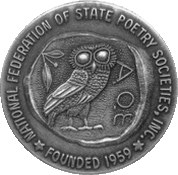 Deadline: March 1, 2016 Genre: Poetry Length: No more than 30 lines Ages: Grade 6-8 (Junior Division) and Grades 9-12 (Senior Division) Sponsor: National Federation Of State Poetry Societies Prize: First prize $75, second prize $50. Additional prizes awarded. More Info: Detailed rules on the NFSPS website the Claremont Review's Annual Writing & Art Contest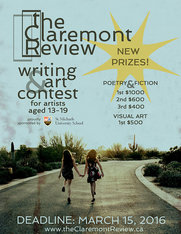 Deadline: March 15, 2016 Genres: Poetry, fiction (postcard stories up to 500 words and longer stories up to 5000 words), visual arts Entry fee: $20 CAD Ages: 13-19 Sponsor: the Claremont Review Prize: First prize in writing $1000 CAD. Additional prizes awarded. Visual art prize $500 CAD. More Info: Detailed rules on the Claremont Review website Want to learn more about the Claremont Review? Read my interview with Editor-in-Chief Jody Carrow. Imagine’s Creative Minds Fiction Contest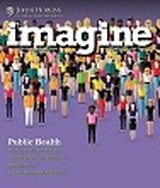 Deadline: March 17, 2016 Genre: Short fiction Length: No more than 1000 words Ages: 18 and under Sponsor: Johns Hopkins Center for Talented Youth Prize: Publication in May/June 2016 issue of Imagine More Info: Detailed rules on the CTY website  Several people have asked me recently about the seemingly elusive "golden ticket." How do you go about finding a literary agent to represent you? Just as "how did you meet your significant other" stories differ, each author can have a different version of the finding-an-agent experience. While there is no one way to find a literary agent, there is a common denominator: your work needs to submission-ready. Assuming that you've written, revised, been critiqued, and revised some more, this week's Friday Five resources can guide you on your agent search: 1. If you are still learning about the publishing business, start with How to Find a Literary Agent for Your Book. 2. For children's writers (picture book through young adult), consider joining the Society of Children's Book Writers and Illustrators (SCBWI). Members can access The Book, a giant resource that includes an agent directory, as well as information on how to prepare and submit your work. SCBWI also hosts national and regional conferences. These conferences are a great way to learn what agents are looking for through panels, workshops, and one-on-ones. (Opportunities vary by conference.) I've been a member for fourteen years, and I met my agent at an SCBWI conference. 3. Also for children's writers: check out Kathy Temean's blog. As a former SCBWI NJ regional advisor, Kathy frequently posts about agents looking for submissions. 4. Try QueryTracker.net to access a database of agent information. (Registration required.) 5. Subscribe to the SubItClub blog, which is dedicated to the querying and submission process. There is also a SubItClub Facebook group where members can ask questions and get query letter feedback. If you know of other online resources for finding an agent, please share in the comments.
|
JOIN NOW!
Sign up for Yvonne's newsletter for exclusive content, book news, and other occasional author goodies. Archives
March 2025
Categories
All
|








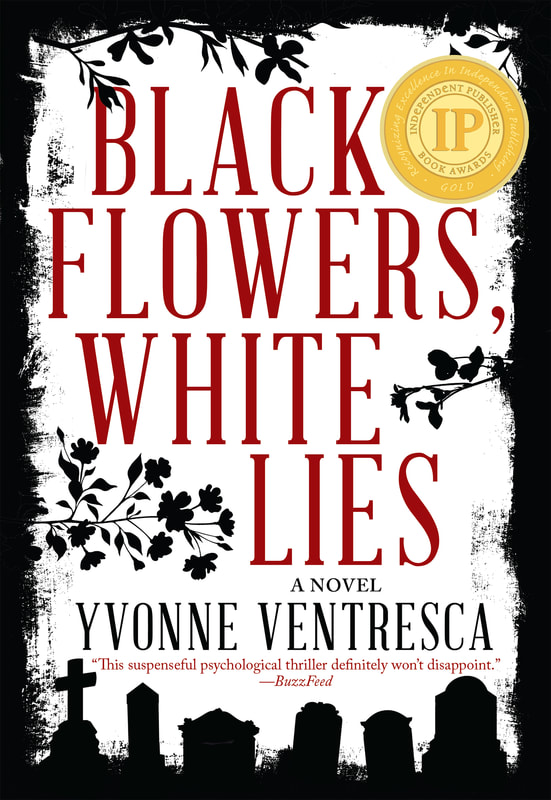
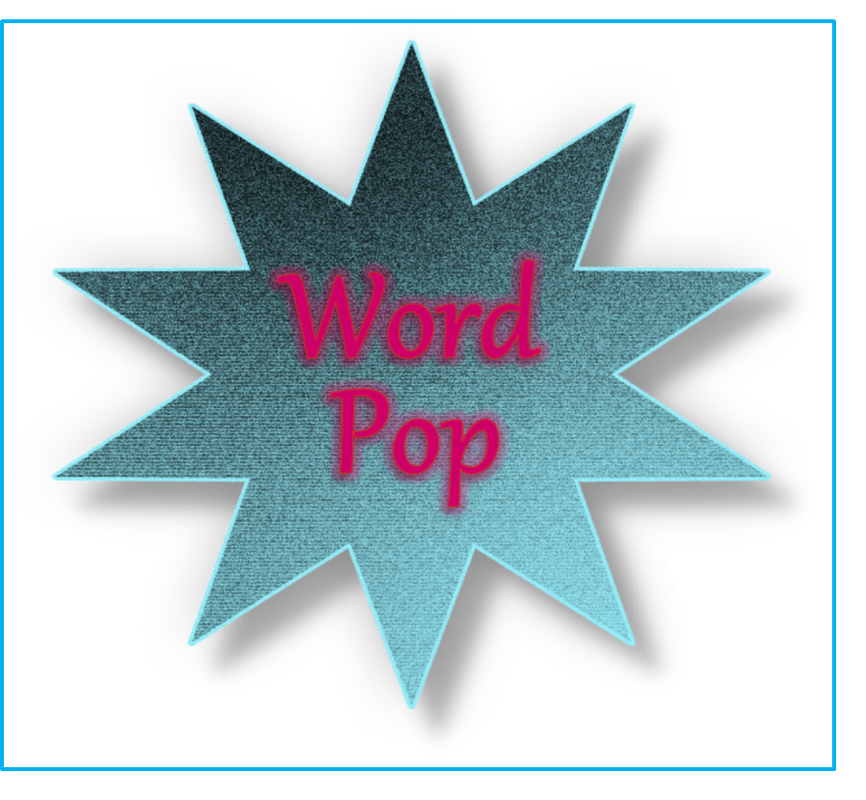
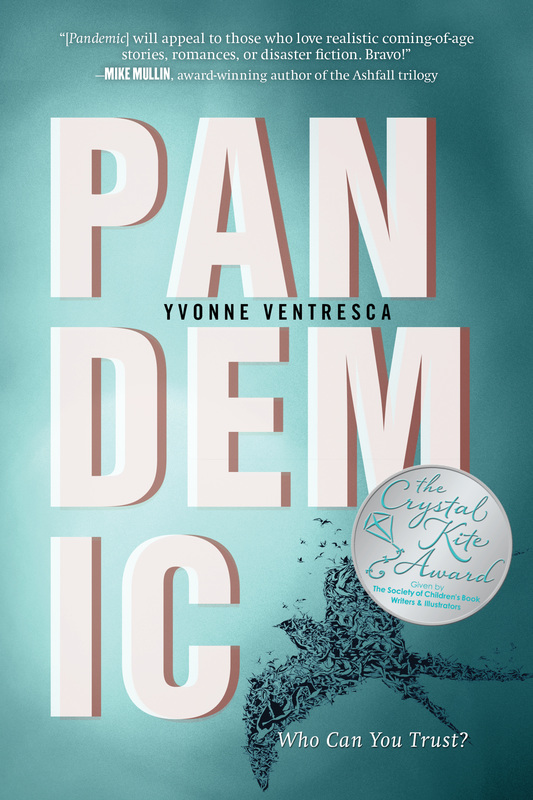
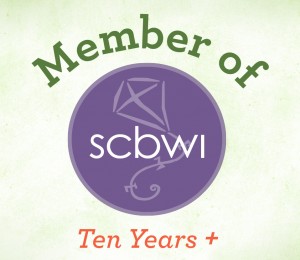

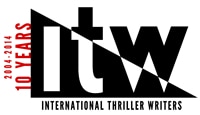
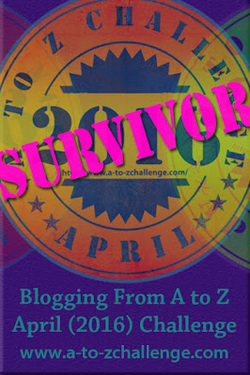
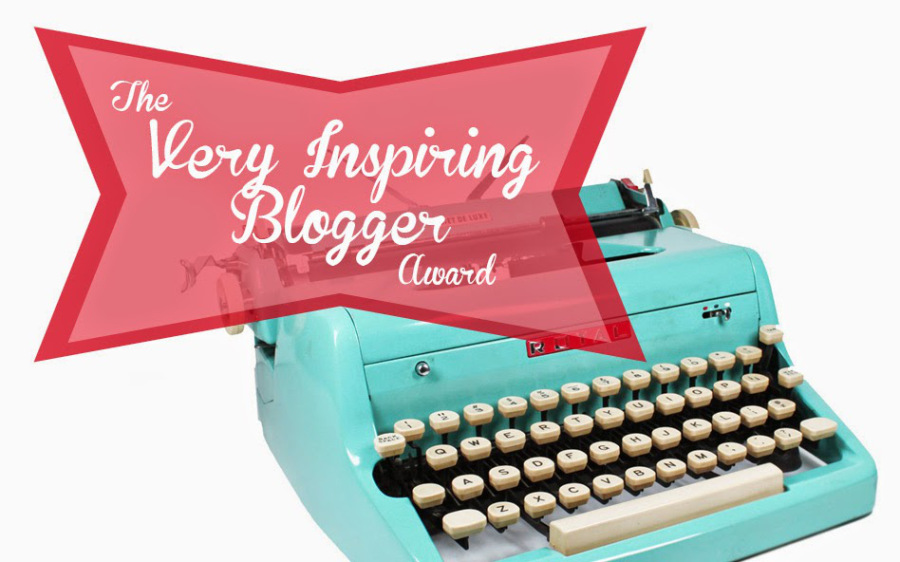
 RSS Feed
RSS Feed